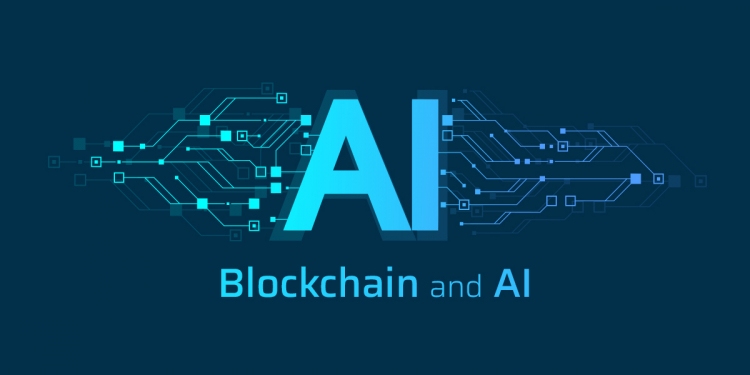We are already living in a world with many AI-enabled uses. Artificial Intelligence is anticipated to disrupt industries as a whole. We have cars designed completely by AI, many factories are completely autonomous because of them, and there’s much more to come. However, the development and uses of AI are limited because of the applications and lack of open source projects. One of the biggest hurdles in developing an AI comes from the data collected and used to train these systems.
“Data is the most powerful currency of today’s world. Many big corporations and governments are known to collect and process data generated by people. However, each organization uses the data for its unique applications. This also formalizes the kind of data collected by these organizations. There is no common repository of data or a general foundation for creating an AI with wider applications and use cases. Privacy and security concerns may not allow for such a repository to exist either, at least not right now.” said Dev Sharma, CEO and Founder of Blockwiz, a global crypto marketing agency.
Blockchain technology and AI are often cited together towards a common future. Blockchain provides a strong foundation for secure data storage and access on a mass scale. An AI that intends to be versatile and open-source, blockchains may be the best solution for handling data security and storage. Collecting and processing the said data is a big challenge too, both logistically and legally. This is the primary reason behind the open-source AIs being very crude, requiring rigorous training for any use case.
“Decentralization of public usage data has the potential to face resistance from internet privacy and security advocates. Private channels are able to achieve it through their products and willingly accepted terms and conditions. There is another case to be made on the kind of data that should be collected, which is often determined by the need to train the AI than the other way round. So yeah, any public AI project will have to contend with these limitations. The use of blockchains to store data is the only strong point that can work in its favor.” added Mr. Sharma of the Canada-based agency.
AIs and blockchain also have a big difference in their workings. Blockchains store data in a tamper-proof manner while AIs process and store patterns in the data. These can be extremely complimentary functions if used right or could break the system completely. Private institutions may not find advantages in integrating blockchains to AI systems. So currently, AIs and blockchains are following their own paths.
Industrial applications of AI for automation and operations can still use blockchains to their advantage like factories and supply chains employing AIs. Blockchains are already in use for many such industrial applications. Game AIs can also benefit from such a system especially when Metaverse and crypto games are on the rise already. Blockchain-based AIs can also find applications in public systems like traffic management, billing and taxing, project management, etc. Future of AI and blockchain is intertwined for sure but what will come out of it is still to be seen!






























Discussion about this post